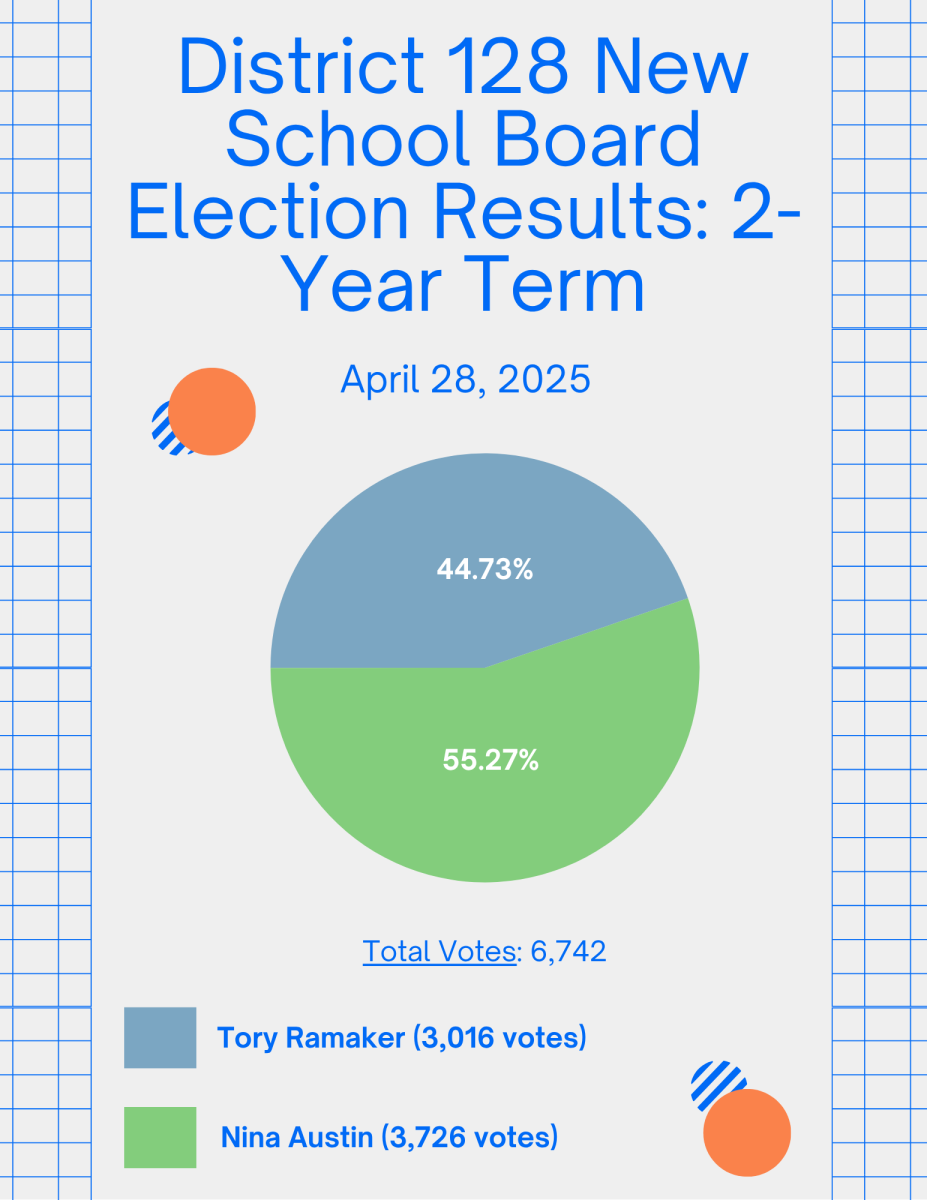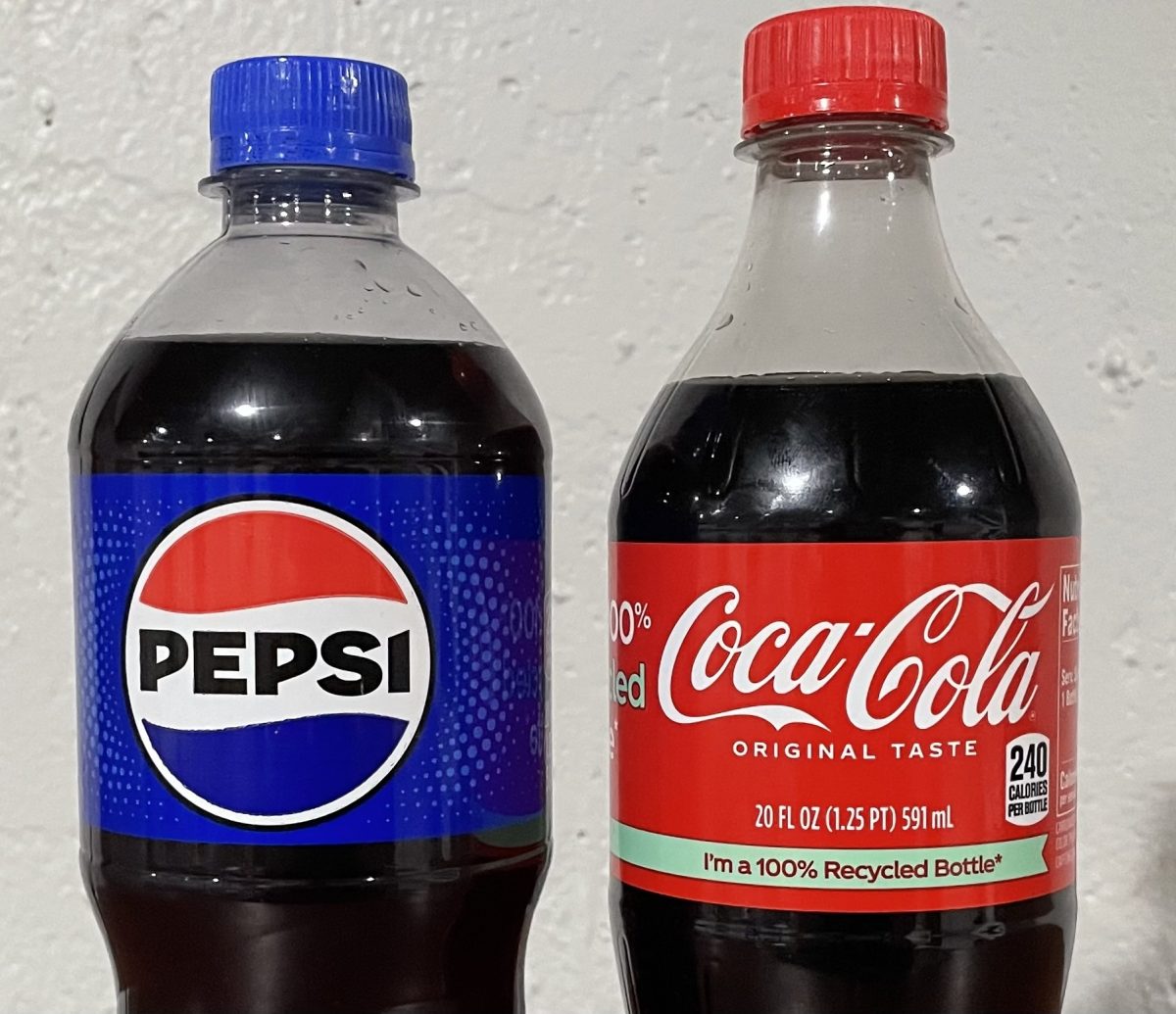Thousands anxiously stood outside of the Capitol building for hours to witness the decision: would Congress deem the Patient Protection and Affordable Care Act constitutional? Enacted on March 23, 2010, the statute was taken all the way to the Supreme Court over the summer. Chief Justice John Roberts cast his vote in what would become the swing vote: Obamacare would take effect, being ruled constitutional as a mandate. This means that from 2012 to the present, it is required for virtually all Americans to have health insurance by 2014. While the ruling did not have an instant impact, it will have implications on the uninsured come January 1, 2014, when every American will need to have health insurance or pay a penalty fee.
While there are rare exceptions to this requirement, any American without health insurance will need to be signed up through a program by this date, which means they must sign up by the mid-December deadline.
As the government shutdown came to an end, eligibility to sign up for the Patient Protection and Affordable Care Act (a.k.a Obamacare) became available via Healthcare.gov. The uninsured have to enroll by December 15 in order for their coverage to kick in on January 1. Signup for the exchanges is now available both via the internet and telephone.
While most Americans have health care insurance and do not think about it as a major concern, there are 48 million uninsured Americans, according to huffingtonpost.com. That’s 15 percent of the national population. Thus, all of the uninsured are affected by this law. According to businessinsurance.com, the uninsured may obtain coverage from an Insurance Exchange Marketplace. One advantage of the exchanges is that they are competitive yet very accessible. National health care strategy leader Ken Sperling elaborated about this. “Since the employee is given the choice of myriad health insurance options that are very competitive, he or she can make a decision that best meets their particular needs, which we view as offering superior value over a traditional employer-sponsored plan,” he said. Yet the plethora of choices breeds a downside, as there are so many plans to choose from that there are even different purchasing models. Plus, this can definitely result in the young and healthy to pay more since more people are being included in the exchange marketplace. Due to the fact that many of those people are the ill and the elder, they have to be charged lower, yet this group of people tend to be wealthy, according to Fox News, a popular cable network that reaches over 90 million people.
LHS Current Issues teacher Mr. Brian Voss compared the exchanges to a progressive tax, saying, “Depending on the threshold… if you make more money, you are expected to pay more, whereas if you make less money, you will receive more take home money.”
However, the website to register has experienced several glitches due largely in part to high traffic. TheHill.com, a political newspaper that reports directly out of Washington D.C., reported on October 16 that less than 1 percent of people who visited healthcare.gov actually signed up. When a CNN employee tried to enroll as an experiment, it took her more than a week to create a username and password. When she received them, error messages popped up when she tried to sign in, and it took two weeks until she finally could access her account.
Granted, Obamacare will not have an impact on most people in the local demographic. As city-data.com, a website that collects metadata on city facts from virtually all angles, reported an average household income of just over $97,000 in 2011, the Libertyville area is affluent and the Daily Herald reports that only 4.8% of people in the concentration of Libertyville, Vernon Hills, and Deerfield are uninsured, the lowest amount amongst any concentration in the state. It’s worth noting that Obamacare will have no immediate impact on people who receive their health insurance through their employer.
Another group that will be affected are young adults who are unemployed and/or financially dependent, in both good and bad ways.
“Assuming young adults have insurance through their parents, the nice thing is that they get to keep it through college,” explained Mr. Voss. “For people not in that position, the ideal is that Obamacare will give people a chance to have emergency care at their disposal without having to purchase a plan for a lot of money, even though coverage is limited to major medical emergencies.”
One of the most important groups of people Obamacare will have a positive effect on are people with pre-existing medical conditions. Under the terms of Obamacare, insurance companies will no longer be allowed to exclude individuals from purchasing insurance policies due to preexisting medical conditions.
Obamacare won’t just impact people but businesses as well. Any business with at least 50 full-time employees will have to provide insurance to all of its full-time employees. But any business with 49 or fewer full-time employees is not liable for providing insurance. That’s right; just one employee can make such a significant difference for a business. Naturally, Money.cnn.com reported in April that many more larger businesses are providing insurance than small businesses. In 2011, 52% of large, private sector businesses provided insurance, down 7 percent from 2000. Not a big deal? Think again: that’s 11 million people who lost insurance. The mandate is critical for small businesses for two reasons: insurance companies charge them more, and small businesses don’t have as much net profit in the first place.
Big or small, businesses are providing fewer employees with health care insurance. This is because the price of health care insurance has increased significantly over the years. Smaller companies are affected more by cost increases compared to larger companies because there are fewer employees in which insurance risks can be spread.
So will Obamacare make insurance more expensive or cheaper? According to CNN’s Joe Pagliery, one theory is that because all employees will have to be covered, premiums will be driven up. On the contrary, since everyone has to buy insurance, risks and costs are spread out, potentially making Obamacare cheaper.
The government is assisting small businesses right now. The employer mandate for small businesses has been delayed until 2015. Preparing today, small businesses are taking advantage of the Small Business Health Options Program (SHOP), a market-place for small businesses to shop for group health plans, which became effective on October 1. Companies with 50-100 full time employees can utilize this program in 2016.
SHOP’s down side? Employees’ hours are being cut, more so in large firms, ironically. Moreover, costs are passed onto consumers and shareholders and larger firms have to pay more out-of-pocket money as result of the new taxes.
What is a small business? It’s a business that is privately owned and operated with a relatively low number of employees and a relatively low volume of sales. Companies in this category can have up to as much as 250 employees. There is still a lot of talk on either side as to whether Obamacare will assist or hurt small businesses. On one hand, businesses that have under 25 full-time employees and average annual wages of less than $50,000 by 2015 will be aided by tax credits, which result in businesses being able to afford employee premiums. On the contrary, in anticipation of the tax credits program, businesses are already cutting employees’ hours.
From here on out through 2016, there is no doubt that Obamacare will have an impact on businesses, employers, employees, and families. Whether you already receive insurance through an employer or will be purchasing your insurance through the Health Insurance Exchange Program, Obamacare will have some impact on many individuals and employers.




![Mr. Abullh Ali, manager/assistant, helps open Queen Yemeni Coffee in downtown Libertyville at 606 North Milwaukee Ave. With the help of employees such as manager and LHS senior Yousef Taha, they are able to bring the Yemeni and Ethiopian culture to Libertyville by using their Queen spices, cinnamon and cardamom in their drinks such as Adani Chai, which is inspired by Sheda, the Queen of Yemen and Ethiopia. “The history of our coffee [is] a long history and we believe that Yemen and Ethiopia started the coffee and we are bringing something unique to the community,” Mr. Ali said.](https://www.lhsdoi.com/wp-content/uploads/2025/04/Photo-1-1200x800.jpg)



